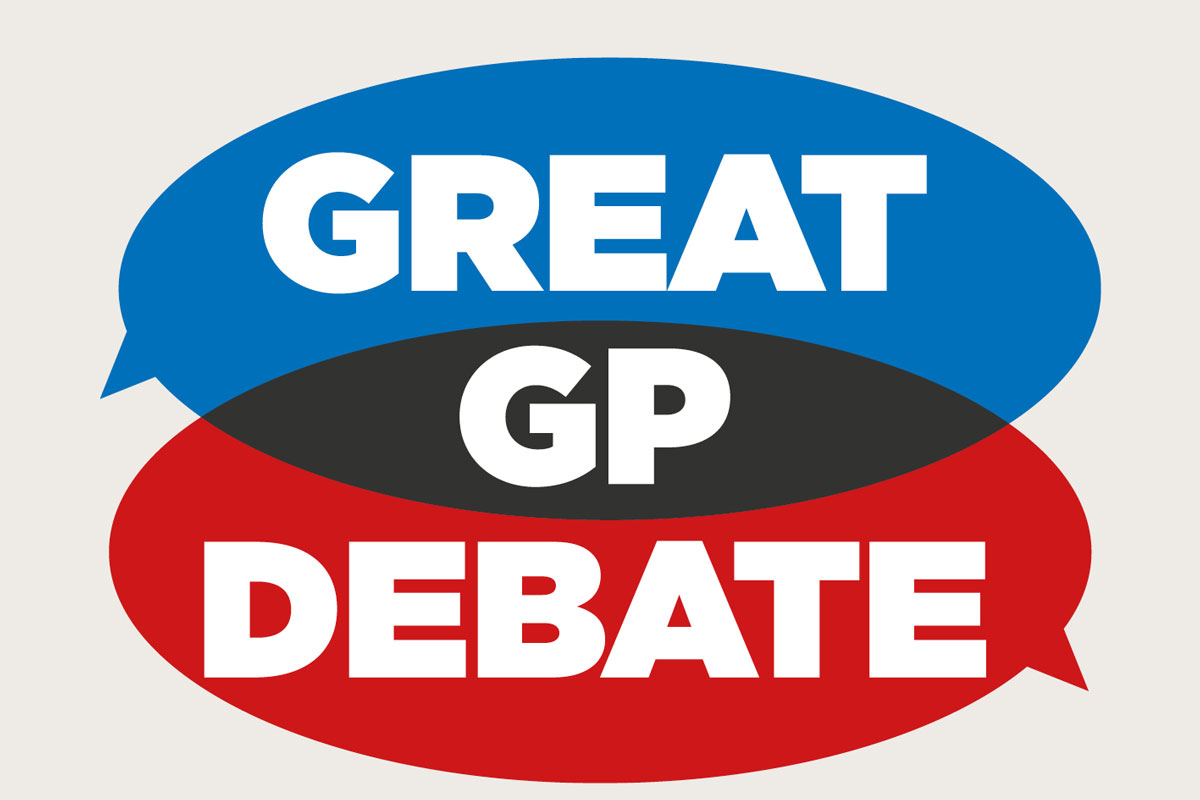My big idea? Let’s replace GP training with something more useful


To be an excellent GP is challenging and a constant learning process. As a generalist we need to know a reasonable, but not excessive, amount of information about anything. Much of that knowledge comes with time and experience but need it be this way? Shouldn’t GP training be designed to offer experience that covers as many specialities as possible in an environment that is most relevant to the presentations GPs will see?
Most GP training jobs involve 18 months in GP and 18 months in hospital on six-month rotations. This means that the speciality spread in this time is limited to three jobs; there are a handful of schemes that do four-month rotations and so give five or six jobs but these are rare. So what does this mean? If you are lucky you will spend six months on a ward in a hospital doing paediatrics, gynaecology, psychiatry.
We need to scrap GP training in its current form
Are these rotations useful? In part. It is indeed easy to see the newly-qualified GP who hasn’t done paediatrics when bronchiolitis season arrives. So yes, teaching a trainee how to recognise the child that needs to go in is important and useful. And the same applies to all specialities: broad brushstrokes that allow one to differentiate serious from not serious. I loved my gruelling six months on gynaecology. Carrying the gynae on-call bleep and seeing A&E cases was really helpful. I spent much of it in theatre, am adept at subcuticular suturing and can do a caesarean from start to finish. Useful? Hopefully not.
The most useful part of any one of my three hospital jobs was the clinics. I did general gynae, menopause, general paeds, paeds oncology and psychiatry outreach clinics. This is the GP’s bread and butter. This is where I saw patients at the interface between general practice and speciality. I learned to manage many things and so would not send them in in future, recognised the varying presentations I might see in the speciality concerned and came to understand appropriate and not-so-appropriate referrals. This was what is needed to become an excellent GP. But getting to clinics is hard, especially in paeds and gynae where staff shortages on the wards are high and where the speciality trainees yearn for clinic time too. It’s competitive and sometimes soul destroying.
So what is the answer? I think its simple. We need to scrap GP training in its current form. We need to replace it with an absolutely tailored programme of on the job training which will turn out GPs ready to hit the ground running. The structure of this is clear to me.
The entirety of the GP training period, be that three or four years, should be based in a GP surgery. From there, the trainee should be attached to a speciality for six weeks at a time and during this attend only clinics of that speciality. This time should be interspersed with GP clinics, supervision and feedback/discussion and workplace based assessments. At the end of the six weeks in clinic the trainee will be assessed on knowledge critical to GP presentations and referrals. In this way, the GP gets to experience exactly what they need for the job that they are being trained for and have continuity in GP clinics too in order to practice their new skills. This will see the average three year GP training course offering 24 specialities, not three. The GP practice could rotate each year in order to offer a diverse range of patient demographic.
I am convinced that this would have given me the knowledge and skills that I have had to pick up ad hoc along the way as a trainee and now qualified GP. Surely it has to be better. I could have done with orthopaedics, urology, GUM, oncology, gastro, diabetes and so the list goes on.
There is only one thing stopping this scheme being implemented: GP trainees are service provision for hospital staffing, nothing else.
This is part of our ‘Great GP Debate’ season. If you would like to write a blog on how you see the future of general practice, then please email the Editor at [email protected].
Dr Renee Hoenderkamp is a GP in north London. You can follow her on Twitter @DrHoenderkamp
Pulse October survey
Take our July 2025 survey to potentially win £1.000 worth of tokens











